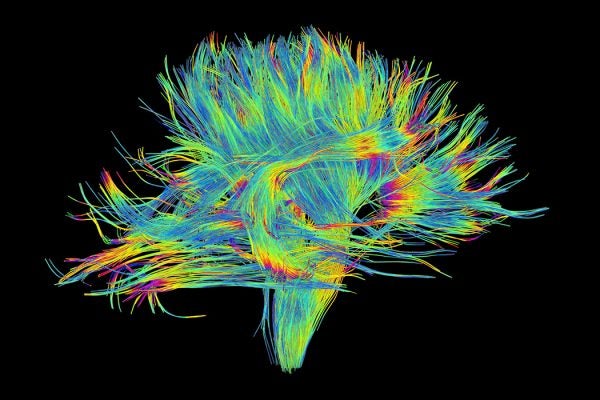Joshua May and the Search for Philosophical Nuance
In his teaching and his research, philosopher Joshua May reminds us that binary, all-or-nothing arguments often rest on false dichotomies.
What’s a Mental Health Diagnosis For?
Following the publication of the DSM-5, mental health professionals debated the expansion of “mental illness” to include normal parts of the human condition.
Legacies Lost and Found
Say Anarcha tells the story of the enslaved women experimented on by a self-aggrandizing gynecologist. Its related online archive aims to reinvent the nature of bibliography.
Transgender Legal Battles: A Timeline
New laws regarding transgender youth are based on the assumption that the gender binary is natural.
The Gruesome Truth at the Heart of Squid Game
Would you be willing to play games to get out of debt? Would you sell your organs?
How Doctors Make End-of-Life Choices
Many people facing the end of their life receive treatments that ultimately have no benefit. A team of researchers set out to find out why.
Can Zapping Your Brain Really Make You Smarter?
Early scientific results on transcranial direct current stimulation (tDCS) show promise, but are they enough to support a multi-billion-dollar industry?
How the Ban on Medical Advertising Hurt Women Doctors
Intended to protect consumers from unscrupulous quackery, a nineteenth-century ban on medical advertising proved to be a double-edged sword.
Get Ready For Human-Animal Hybrids
New progress in stem-cell research raises some thorny ethical questions.
The Complicated Issue of Transableism
Some people born in able bodies feel as if they were meant to have disabilities. How should the medical community be responding?









